Publications
Articles, publications, books, tools and multimedia features from the U.S. Institute of Peace provide the latest news, analysis, research findings, practitioner guides and reports, all related to the conflict zones and issues that are at the center of the Institute’s work to prevent and reduce violent conflict.
Question And Answer
Blinken’s China Trip Shows Both Sides Want to Stabilize Ties
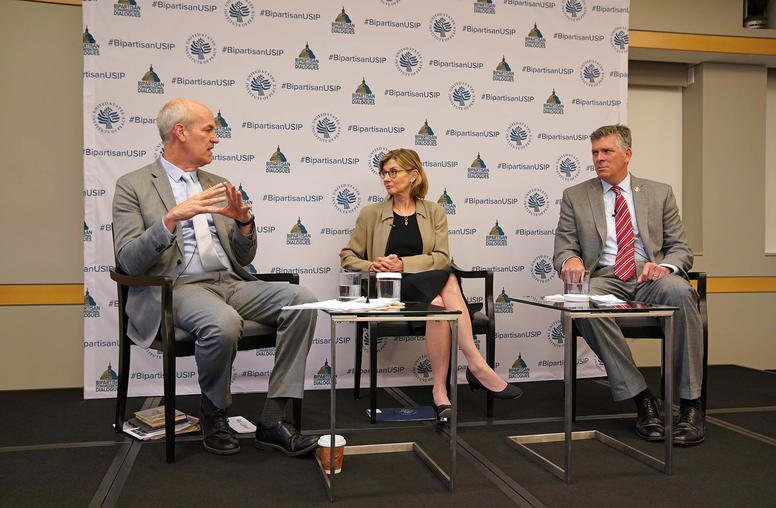
China Trade War: Risks and Strategies
The chances that trade talks scheduled to resume with China next month will result in any broad agreement with the U.S. are slim to none, said two members of a bipartisan congressional panel focused on U.S.-China relations. “It’s important that we keep talking,” said Rep. Rick Larsen (D-WA), the co-chair of the House of Representatives U.S.-China Working Group. “That’s a positive, but I haven’t seen anything that has changed to ensure that something would be different” when U.S. and Chinese trade officials are scheduled to sit down again in early October.
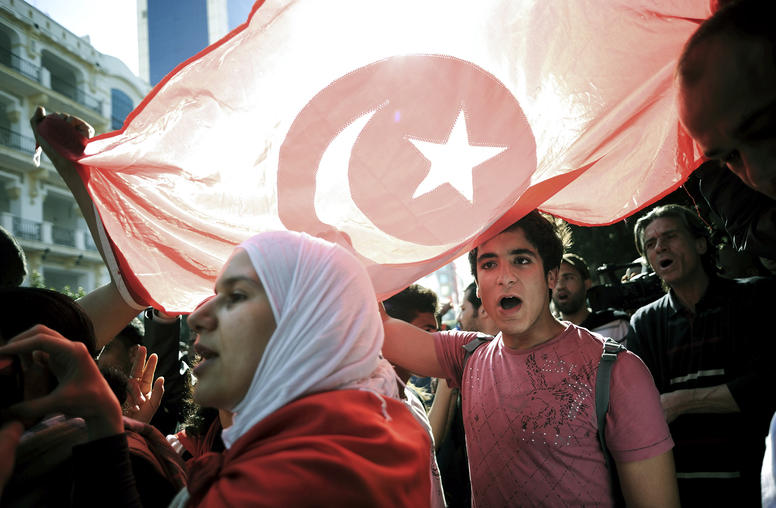
Tunisians Show Support for Democracy, Disillusionment with Ruling Elite
The surprise results of Tunisia’s first-round presidential election gave a clear message to the country’s political establishment: Tunisians want change and they want it now. Neither of the two winning candidates set to face off in the second round have ever held political office nor are affiliated with the political parties that have led Tunisia’s transition. Many of the issues that sparked the uprising eight years ago—like corruption and unemployment—continue to bedevil the North African nation. Yet the first-round vote demonstrates that Tunisians aren’t willing to give up on democracy and want new leaders.

Ethiopia’s Experiment in Reconciliation
In February 2019, the Ethiopian parliament adopted a landmark proclamation establishing a national reconciliation commission, the first-ever such institution in Ethiopia. Six months on, the commission has developed a three-year plan and begun consultations. But the body was formed without broad-based political consensus regarding its mandate, so has yet to win the critical trust of Ethiopia’s many social and political groups. Dr. Solomon Ayele Dersso discusses the mandate of this body, the challenges ahead, and how the commission could help build peace in Africa’s second most populous country.
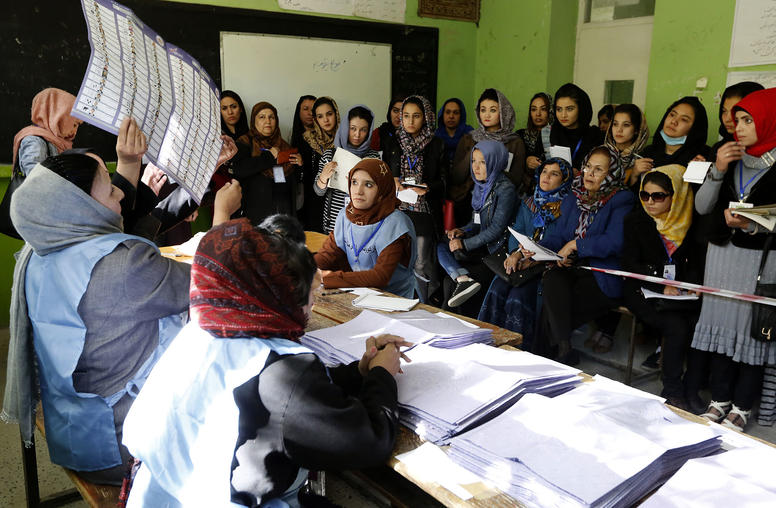
What to Watch for in Afghanistan’s Presidential Election
After several delays, Afghans will finally head to the polls on Saturday to elect their next president. The election comes amid an indefinite stall in the year-long U.S.-Taliban negotiations following the cancellation of a high-level summit earlier in the month. There has been a debate over the sequencing of elections and the peace process for months, but the vote will move ahead this weekend. As with all post-2001 Afghan elections, security risks and the potential for fraud and abuse loom over these polls. USIP’s Scott Worden and Colin Cookman look at how insecurity will impact the legitimacy of the vote and what measures have been taken to combat electoral mismanagement and fraud.
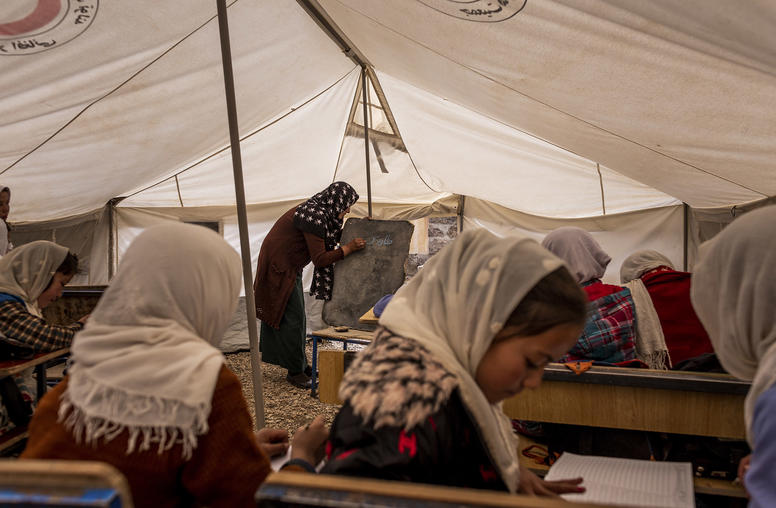
How to push Taliban for compromise? Ask the women doing it.
The halt in the U.S.-Taliban dialogue, plus Afghanistan’s September election, has forced a hiatus in formal peace efforts in the Afghan war—and that creates an opening to strengthen them. A year of preliminary talks has not yet laid a solid foundation for the broad political settlement that can end the bloodshed. While talks so far have mainly excluded Afghan women, youth and civil society, the sudden pause in formal peacemaking offers a chance to forge a more inclusive, and thus reliable, process. Even better, a little-noted encounter in Qatar between women and Taliban leaders signals that a broader process is doable.
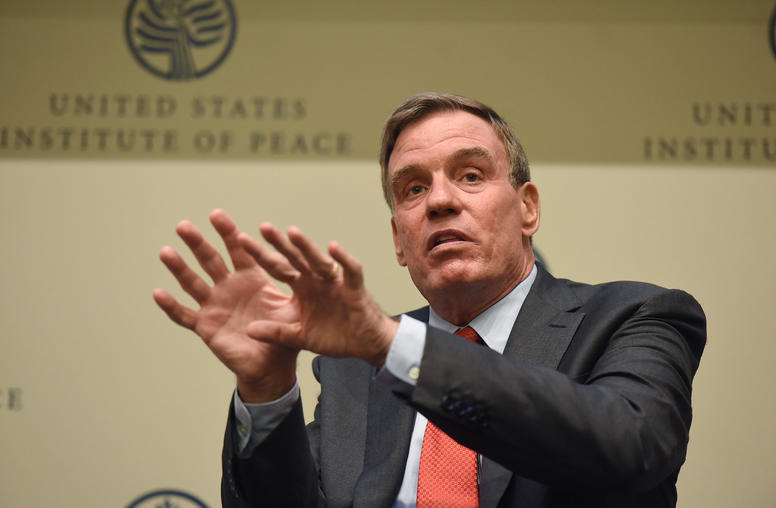
Senator Mark Warner: Meeting the Challenge of China
China today is seeking to erode U.S. power and influence globally through economic, military, technological and political influence strategies, U.S. Senator Mark Warner said. The United States should respond not by reverting to a simplistic “new Cold War” frame, but by bolstering security at home and working with allies and partners abroad to reinforce the existing international order and make America more competitive.
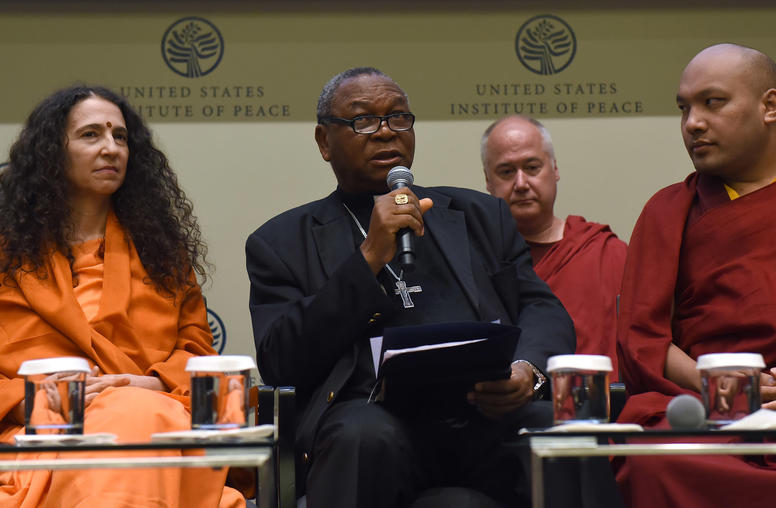
To Defend Religious Freedom, Try Peacebuilders’ Strategies
News headlines in recent months report attacks on places of worship in lands as disparate as Northern Ireland, Syria and Ethiopia. Governments and civil society organizations have expressed rising concern over violence and government restrictions against religion—a concern that was visible in July when nearly 1,000 people gathered at a State Department conference to advance religious freedom. At that conference, some discussions offered a useful idea: that activists and governments might better protect religious freedom by borrowing tactics from specialists in conflict resolution.
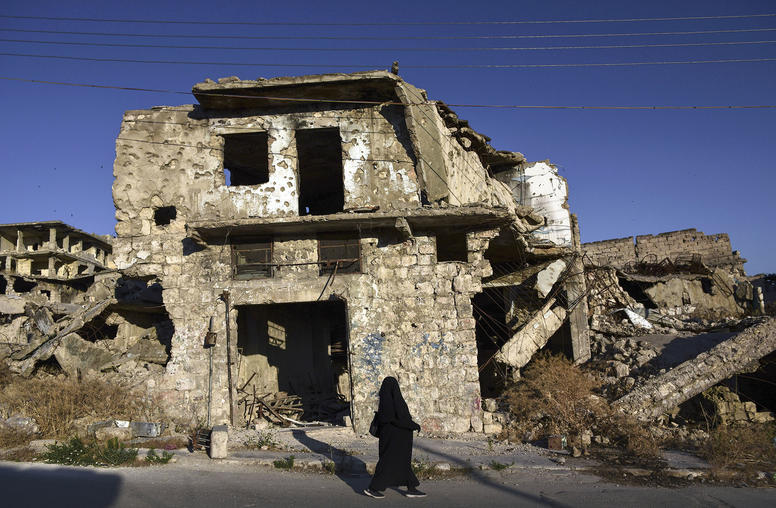
The U.S. ‘Cannot Avoid or Ignore’ the War in Syria
A new, congressionally mandated study on Syria policy urges the United States to maintain a military presence and sanctions pressure against the Assad regime, and to help build alternative governance in areas beyond the regime’s rule. The bipartisan Syria Study Group, appointed by Congress, stresses that ISIS in Syria remains a potent threat to the region and to U.S. national security. The Syria Study Group discussed its report at USIP, which at Congress’ direction facilitated the group’s work.
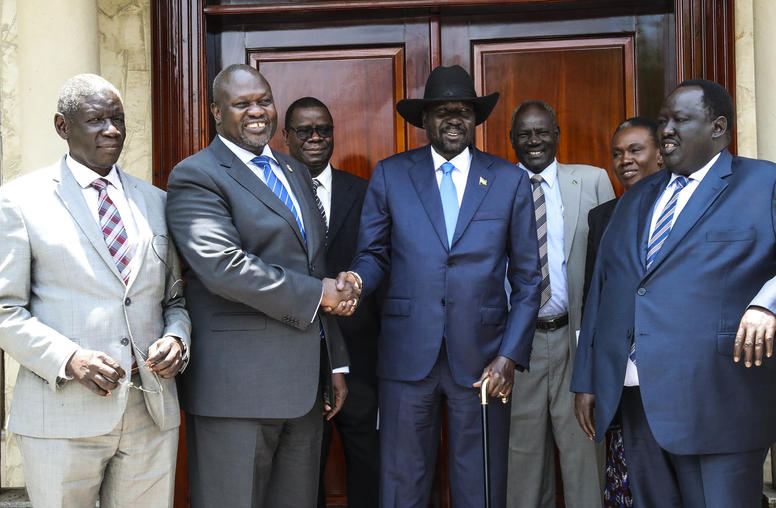
South Sudan: Hope for the Best, Plan for the Worst
With little more than a month left before a new transitional government is set to assume power in South Sudan, efforts to keep the latest peace agreement on track are becoming more urgent, even as most key pre-transition deadlines have been missed and the political will of the belligerents remains in doubt. Given these circumstances, efforts to support the current process remain vitally necessary and thorough planning for the worst-case scenarios is also desperately needed in case South Sudan’s fragile peace collapses.
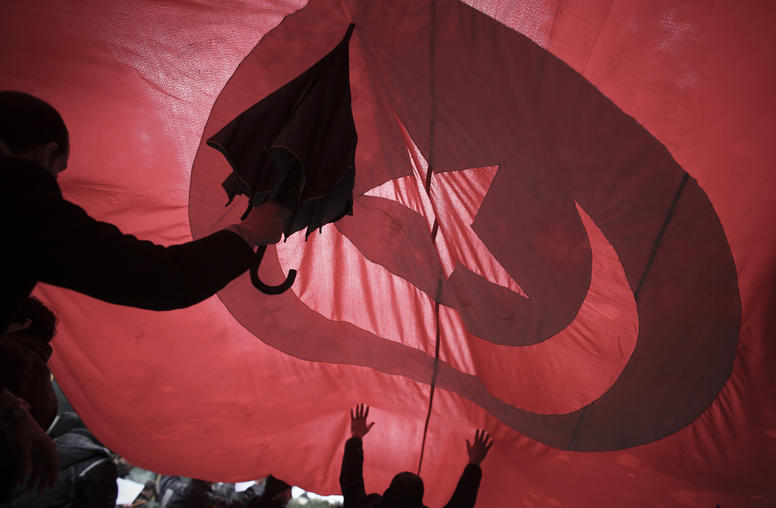
Tunisia’s Split Parliamentary Vote Could Force Unconventional Alliances
Tunisia’s busy election season continued October 6 with parliamentary elections, the country’s third legislative vote since the 2011 uprising that ousted longtime dictator Zine El Abidine Ben Ali. Only a few weeks ago, voters went to the polls for first-round presidential elections. The results of that vote demonstrated Tunisians’ disenchantment with the ruling establishment. This past Sunday’s vote saw a host of new parties and movements voted into parliament, further complicating the formation of a new government. USIP’s Leo Siebert discusses who could form a ruling coalition and how the parliamentary elections could impact the second-round presidential polls on October 13.